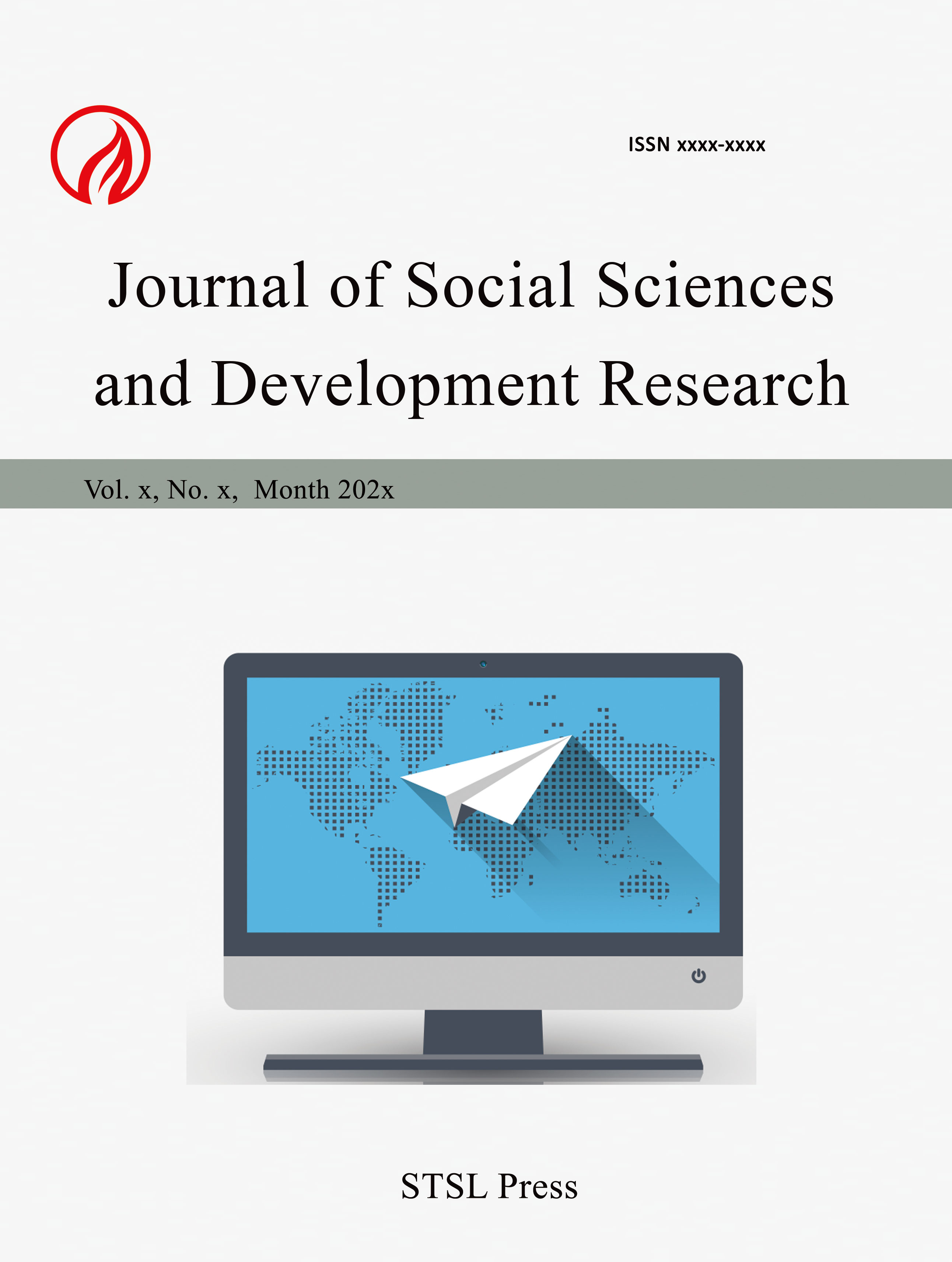Narrating Myth with Nationalism: Liang Qichao’s Role in Shaping Early Chinese Mythology
Juan Wu
Abstract
Liang Qichao, renowned as a social and political activist, as well as a scholar in Chinese political and intellectual history, stands as one of the foremost nationalist thinkers of his time. Despite his significant role, scant attention has been given to his profound influence on Chinese mythology in terms of its framework, motivation, and approach. This paper explores Liang Qichao’s contributions to the construction of Chinese myths by examining various facets such as historical context, purpose, strategies, influence, and encountered challenges. Liang's endeavor to reconstruct a new Chinese culture emerged amidst the national turmoil of the late Qing dynasty and his personal disillusionment with political engagement. Central to his vision was the inclusion of myth in the reconstruction of a modern Chinese society, aimed at fostering social reform and nurturing a sense of nationalism. I argue that Liang proposed three interlinked strategies for this cultural rebuilding. Firstly, he advocated for adopting German and Japanese mythological frameworks to situate Chinese mythology within the contexts of modernization and nationalism. Secondly, he sought to establish a narrative of Chinese history that harmonized with Western historiography and cultural history. Liang's efforts laid the structural groundwork and established a nationalism-oriented approach for the early development of Chinese mythology. Under Liang's influence, Chinese mythology evolved along three trajectories: elucidating the origins of the Chinese race and civilization, constructing a unified national identity, and assimilating and responding to Western cultural influences. However, Liang's approach also encountered challenges. He overlooked the distinct contexts of Chinese and Western mythology, as well as the unique features of Chinese culture. His synthesis of Chinese history, culture, and nationalism formed a closed loop, neglecting the necessity of comparing myths across diverse cultures. Consequently, Liang's work leaves several issues unresolved, necessitating further revision and refinement.
Paper:
pdf
DOI:
https://doi.org/10.71002/jssdr.v1n2p37
 This work is licensed under a
Creative Commons Attribution 4.0 License.
This work is licensed under a
Creative Commons Attribution 4.0 License.
Contact us
- Michael Schaper
- jssdr@stslpress.org
